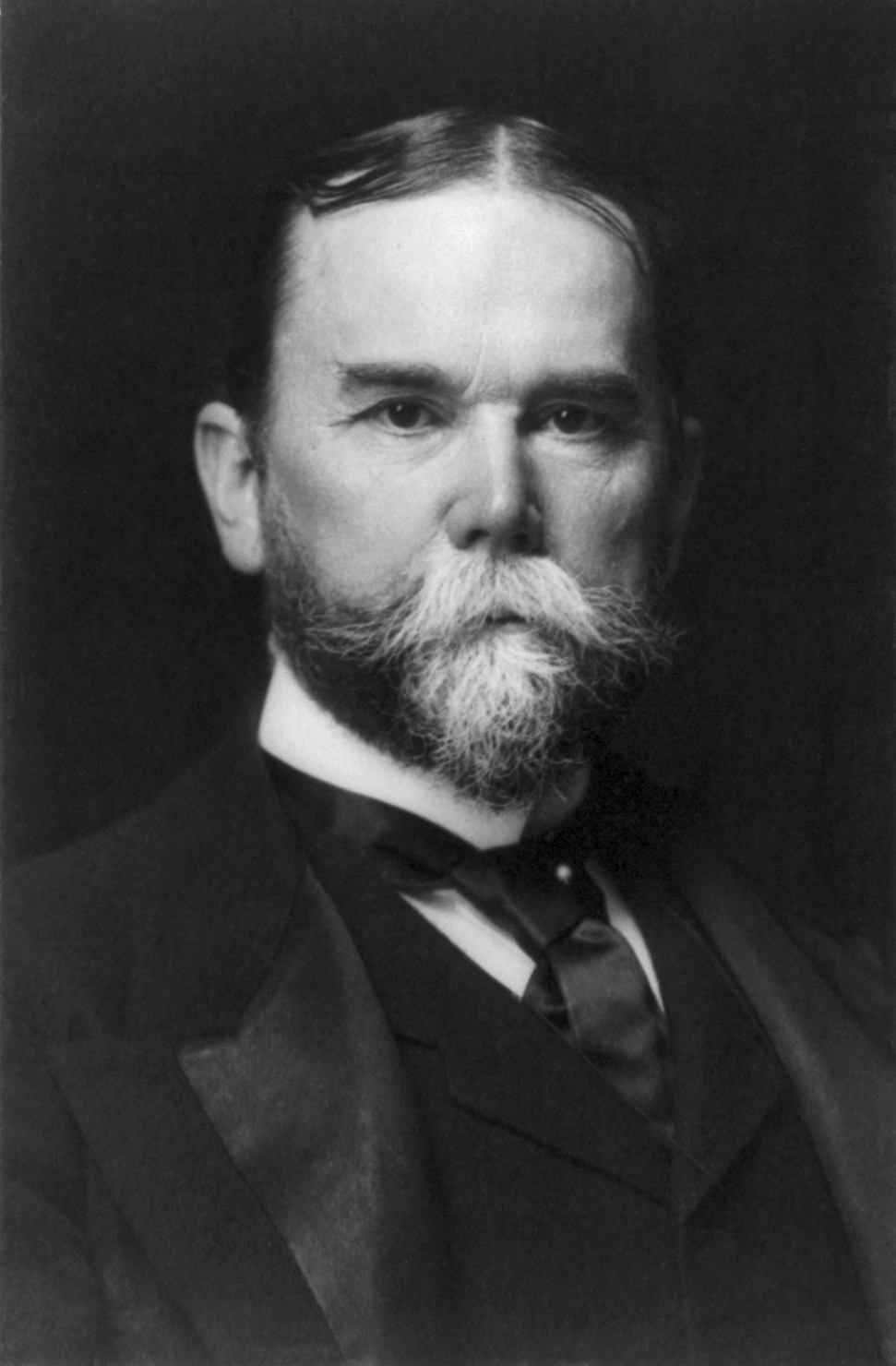User:Tlgonline/sandbox

Adopted February 15, 1876:
All free men when they form a social compact, have equal rights, and no man, or set of men, is entitled to exclusive separate public emoluments, or privileges, but in consideration of public services.
Editor Comments
This is the "natural rights" section of the state constitution.
However, Texas courts have always treated the section as simply an "equal rights" provision.
In addition, for at least the last twenty-five years, all state court decisions have assumed that the substance of this section and the substance of the federal equal protection clause are identical.
Recent Court Decisions
- Fort Worth Osteopathic Hosp., Inc. v. Reese, 148 S.W.3d 94, 97-98 (Tex. 2004) ("The Fourteenth Amendment provides that 'No State shall...deny to any person...the equal protection of the laws.' U.S. CONST. amend XIV, § 1. The Texas Constitution contains a similar provision: 'All free men, when they form a social compact, have equal rights, and no man, or set of men, is entitled to exclusive separate public emoluments, or privileges, but in consideration of public services.' TEX. CONST. art. 1, § 3. The parties do not argue any distinction between these two clauses, and we have said that both guarantees 'require a similar multi-tiered analysis.' Ford Motor Co. v. Sheldon, 22 S.W.3d 444, 451 (Tex. 2000); see also Rose v. Doctors Hosp., 801 S.W.2d 841, 846 (Tex. 1990) ('Texas cases echo federal standards when determining whether a statute violates equal protection.').")
Historic Court Decisions
- Richards v. League of United Latin Am. Citizens, 868 S.W.2d 306, 310-311 (Tex. 1993) (citations omitted) ("As under the Fourteenth Amendment, equal protection challenges under the Texas Constitution are reviewed under a multi-tiered system. Generally, we require only that the classification under challenge be rationally related to a legitimate state purpose. The general rule gives way, however, when the classification impinges on the exercise of a fundamental right, or when the classification distinguishes between people, in terms of any right, on a 'suspect' basis such as race or national origin. In those instances, the state action is subjected to strict scrutiny, requiring that the classification be narrowly tailored to serve a compelling government interest.")
- Whitworth v. Bynum, 699 S.W.2d 194, 196-197 (Tex. 1985) ("Subject to adhering to minimal federal standards, we are at liberty to interpret state statutes in light of our own constitution and to fashion our own tests to determine a statute's constitutionality.... This is particularly true when a state court is acting within a subject area uniquely appropriate for a state's judiciary, such as the common law. An examination of Texas cases reveals the standards we have previously set in respect to equal protection. A court begins by presuming a statute's constitutionality, whether the basis of the constitutional attack is grounded in due process or equal protection. Even when the purpose of a statute is legitimate, equal protection analysis still requires a determination that the classifications drawn by the statute are rationally related to the statute's purpose.")
- Burroughs v. Lyles, 181 S.W.2d 570, 576 (Tex. 1944) (citations omitted) ("Article I, Section 3, of the Constitution guarantees to all persons equality of rights. This provision of the Constitution was designed to prevent any person, or class of persons, from being singled out as a special subject for discriminating or hostile legislation. This principle of equality also applies to political rights. Under the foregoing provision of the Constitution the Legislature has the power to adopt any classification it sees fit, provided there is a reasonable basis for such classification.")
- Friedman v. American Sur. Co., 151 S.W.2d 570, 576-577 (Tex. 1941) (citations omitted) ("It is settled that [Article I, Section 3] guarantees to all men equality of rights. In spite of this, the State can adjust its legislation to differences in situation. Our Constitution does not forbid legislative classification of subjects and persons for the purpose of regulatory legislation, but it does require that the classification be not arbitrary or unreasonable. Classifications must be based on a real and substantial difference, having relation to the subject of particular enactment. If there is a reasonable ground for the classification, and the law operates equally on all within the same class, it will be held valid.")
- Mumme v. Marrs, 40 S.W.2d 31, 36 (Tex. 1931) (citations omitted) ("Equal protection of laws is secured if the statutes do not subject the individual to arbitrary exercise of the powers of government. It is well settled that legislation is not open to objection if all who are brought under its influence are treated alike in the same circumstances. In the very nature of society, with its manifold occupations and contacts, the Legislature must have, and clearly does have, authority to classify subjects of legislation, and, when the classification is reasonable-that is, based upon some real difference existing in the subject of the enactment-and the law applies uniformly to those who are within the particular class, the act is not open to constitutional objection.")
Library Resources
- Vernon's Annotated Constitution of the State of Texas (this multi-volume and up-to-date resource is available at all law libraries and many municipal libraries in Texas)
- The Texas State Constitution: A Reference Guide (this one-volume resource is available at most law libraries and some municipal libraries in Texas)
- The Constitution of the State of Texas: An Annotated and Comparative Analysis (this two-volume resource is available at most law libraries and some municipal libraries in Texas)
Online Resources
- Constitution of the State of Texas (1876) (this resource is published and maintained by the University of Texas School of Law)
- Amendments to the Texas Constitution Since 1876 (this resource is published and regularly updated by the Legislative Council)
- Reports Analyzing Proposed Amendments (this resource is published and regularly updated by the Legislative Reference Library)

